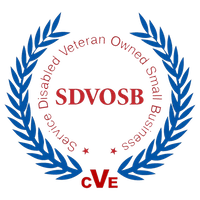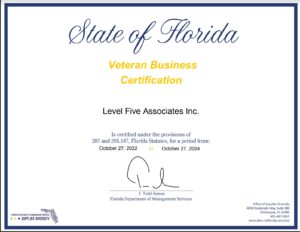In a recent edition of The Wall Street Journal, Professors Gavin Kilduff and Tessa West of NYU suggest there is a different skill in team interaction than previous researchers have found, which they call “status intelligence” [1] –– the ability to read status hierarchies within a team. 
They separate it from other skills, such as emotional intelligence, in creating the conditions for team success. They make an intriguing argument in favor of effectively reading the status interactions of a group and that we can all benefit from better understanding this “intelligence.”
What interests me most about their research and findings is whether this skill can be learned. Their answer to that question is “maybe.” However, in my opinion, there actually can be a chance to learn SI (…some of us love acronyms!).
I’m optimistic because I’ve seen two tools serve as effective facilitators of team success through a higher level of SI: Focused Listening and the Team Covenant. Both are learned through training and practice.
Kilduff and West identify SI as an individual skill they define as “how accurately a person can read the status dynamics of a group — how much respect and influence each team member has.”[2]
Focused Listening directly contributes to being a respected influencer in a team. As Stephen Covey so accurately describes it, this is “listening with the intent to understand, not reply.”[3] Leaders train team members how to be focused listeners by:
- Not interrupting.
- Eliminating distractions.
- Being in the moment with eye contact and positive body language.
- Using the backbrief to confirm what you heard.
Establishing a Team Covenant is the second component of developing SI skills among team members. This is a written agreement of the rules of conduct the group will abide by, usually developed right at the outset.
I recommend each team member signs it, too, which adds a higher level of commitment. At each team meeting, one of the agreements is audited by the group to see how well everyone followed that rule. I’ve found that when the standards are clearly established, team members know their roles and responsibilities – and debates about status aren’t necessary.
Status Intelligence is an important component of high-performing teams. Much of it can be learned if we as leaders train others in Focused Listening and the power of the Team Covenant. Enjoy the journey!
[1] Gavin Kilduff and Tessa West, “The One Personality Trait Crucial to Creating Effective Teams” in The Wall Street Journal, (February 13, 2023), p.R4.
[2] Ibid.
[3] Stephen R. Covey has been often quoted as saying “Most people do not listen with the intent to understand; they listen with the intent to reply.” From his book The 7 Habits of Highly Effective People.
Did you find this blog post beneficial? If so, please consider sharing it with your audience. It’ll just take a second, but could improve someone’s work habits for a long time to come.





